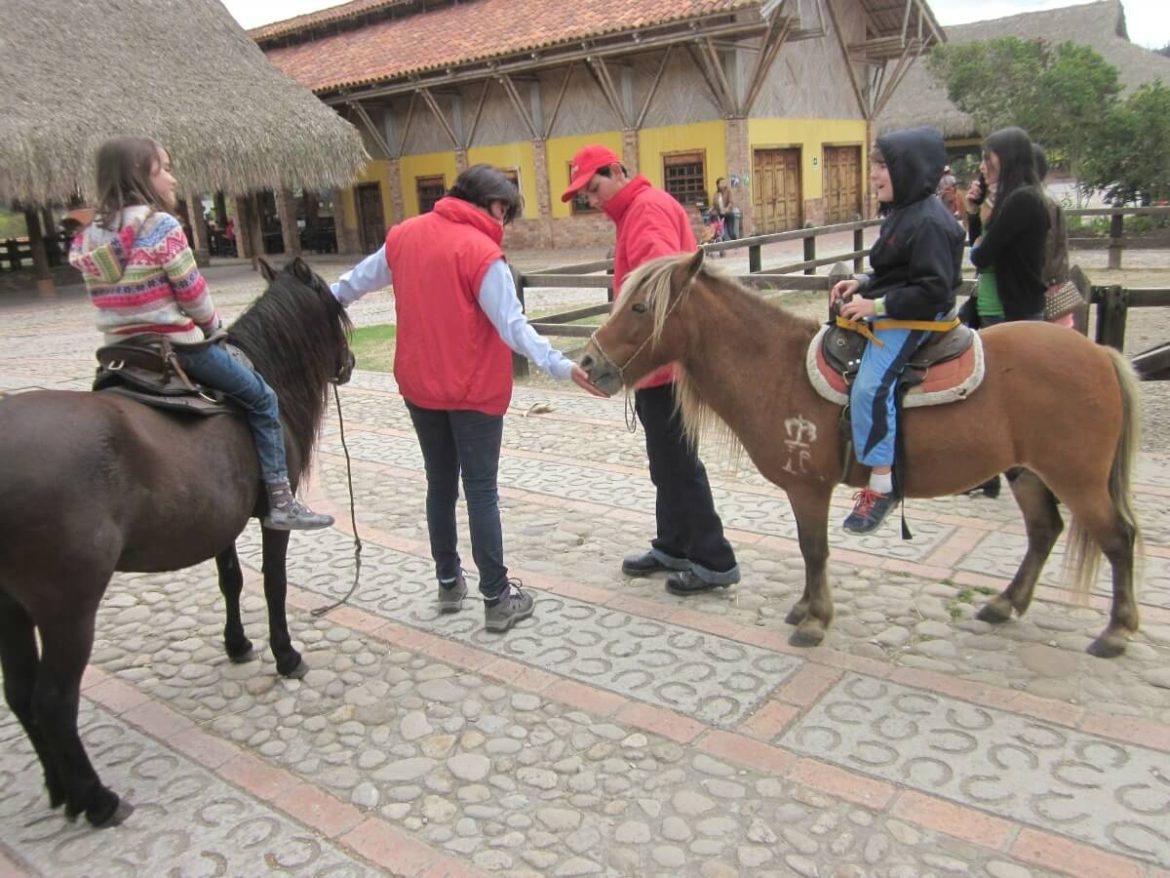Dr. Carol Dweck’s book Mindset has a huge impact on how people think. Adopting a growth mindset helps us embrace challenges as opportunities rather than proof of inability. As parents, we must be aware of how our words encourage either a growth or fixed mindset in kids.
Domenick Filopei, founder of Sproutbrite, believes teaching kids a growth mindset is critical for their future success. Here he shares suggestions for helping kids develop a growth mindset.

Understanding Growth vs Fixed Mindsets
By Domenick Filopei
Do you remember having big dreams as a kid and feeling anything was possible? As we grew up, real world pressures changed our outlook. A positive mindset helps us tackle challenges as opportunities rather than proof of inability.
What is a Fixed Mindset?
People with a fixed mindset believe intelligence and talent alone lead to success. They think abilities are inborn and can’t change. They try to appear smart to avoid looking stupid. They prefer easy successes over challenges.

What is a Growth Mindset?
People with a growth mindset believe abilities can improve with effort and persistence. They see talent as a starting point and know training makes people stronger. They don’t fear failure but see it as a chance to learn.
Why Fixed Mindsets Limit Kids
Fixed mindset kids are more likely to:
- Fear failure
- Have negative self-talk
- Avoid risks
- Feel threatened by others’ success
- Have inflexible beliefs
Why Growth Mindsets Help Kids Thrive
Growth mindset kids are more likely to:
- See failure as a chance to improve
- Develop motivation
- Make effort in everything
- Take risks
- Seek feedback
- Retain information faster
 This chart summarizes fixed vs. growth mindset thinking patterns. Daily reminders and modeling growth thinking help kids develop this critical mindset.
This chart summarizes fixed vs. growth mindset thinking patterns. Daily reminders and modeling growth thinking help kids develop this critical mindset.
Helping Kids Develop a Growth Mindset
Mindset change takes gradual, consistent effort. Watch your language to ensure you encourage growth thinking. Praise effort over natural talent.
Discuss Failure and Mistakes
Ask kids what mistakes they made and what they learned. Frame failure as an opportunity to get stronger. Help them develop grit – perseverance and work ethic.
Try Challenging Growth Activities
Encourage difficult tasks in sports, academics, hobbies – anything offering a new challenge. Praise effort, not results.
Praise Process Over Person
Say “You worked hard!” rather than “You’re so smart!” This builds self-esteem not reliant on external validation.
Remind Brains Can Grow
Explain their brains develop new connections with effort and practice. Things get easier with training.
Model Growth Mindset Yourself
Kids copy what they see. Model positive self-talk and a passion for learning. This has a huge impact on kids’ mindsets and your own life!
Conclusion
We may lean towards growth or fixed mindsets in different areas. Recognizing fixed thinking provides a chance to expand growth thinking. With consistency, kids can develop empowering growth mindsets!

